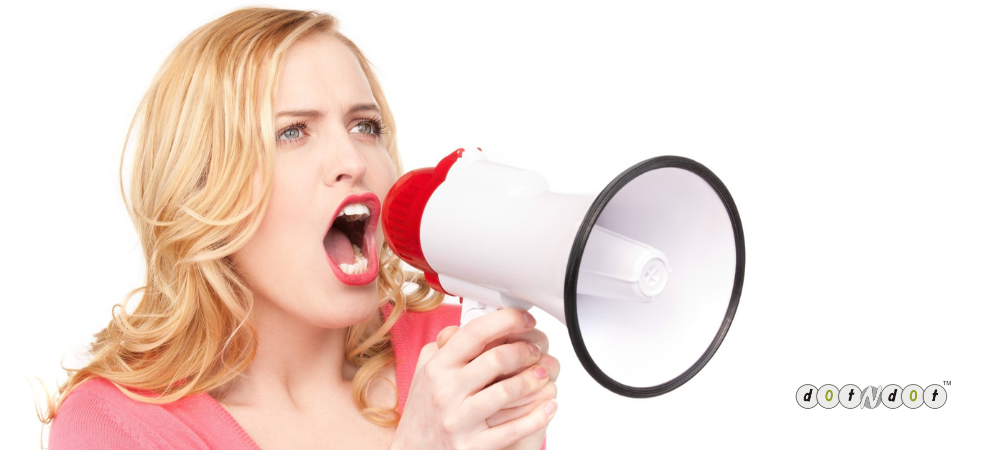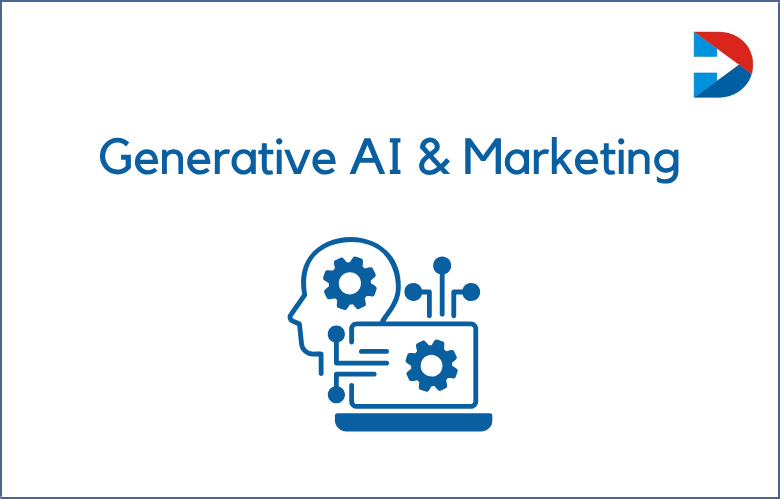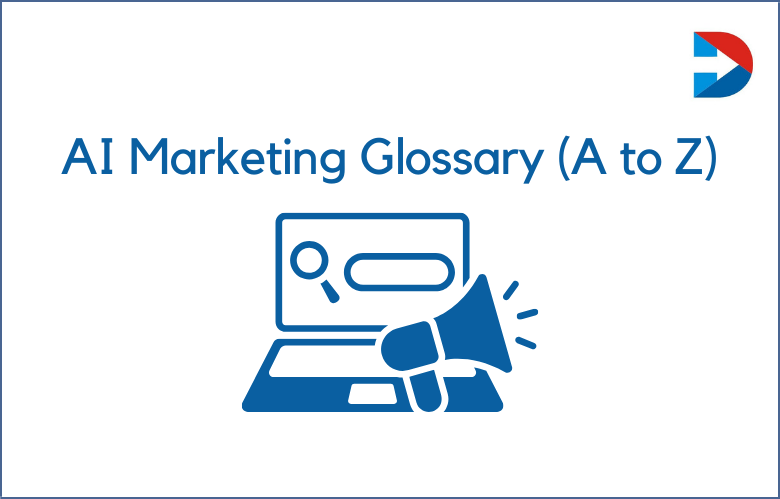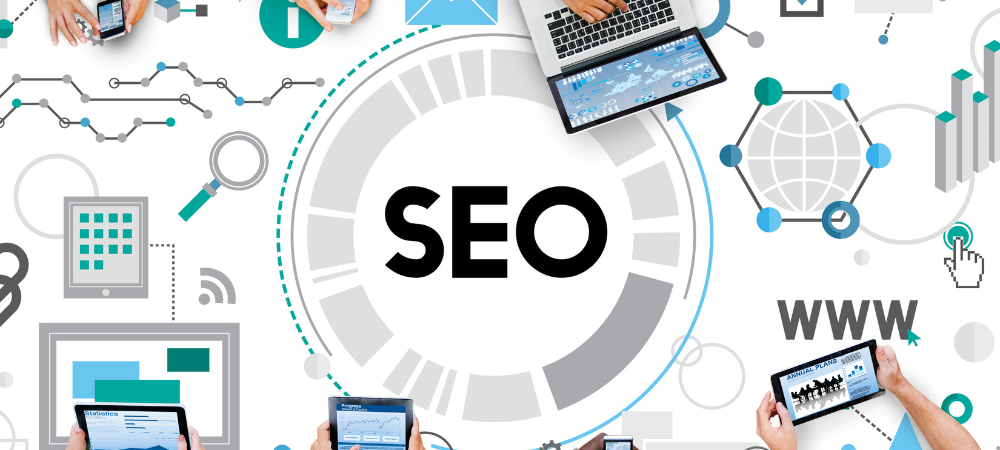
Knowing the difference between advertising and publicity is essential when promoting your business. They are two very different marketing strategies with other objectives.
Here’s a quick overview of the key differences between advertising and publicity. The main aim of advertising is to sell a product or service by creating awareness and interest. Appearances.
What are Advertising and Publicity?
Advertising
Advertising can be defined as a form of communication used to persuade an audience to act. This could be purchasing a product or service, visiting a website, or any other activity that benefits the advertiser. The goal of advertising is to create awareness.
About a product or service, which can then lead to increased sales. These include television ads, radio spots, print ads (newspapers and magazines), outdoor advertisements, billboards, online ads, including social media ads,
Each type has advantages and disadvantages in direct mail campaigns, so it’s essential to consider which type will be most effective for your particular situation before launching an ad campaign.
Publicity
Publicity is the intentional generation of press coverage for a product, service, or company. Unlike advertising, which you pay for directly, publicity is free. Of course, it can be challenging to come by; generating positive publicity requires time, effort, and often some luck.
But when done right, it can be a potent marketing tool. Publicity aims to create positive exposure, usually through media coverage, which can help build support for a product, service, or cause. Promotion differs from advertising.
It is not paid for and does not contain a sales message. Instead, publicity relies on newsworthiness to gain attention from the media. A well-crafted publicity campaign can generate great buzz and raise awareness for a brand or issue without costing much money.
How does Advertising and Publicity work?
Advertising
Advertising works by targeting specific audiences with messages that will resonate with them. This could be done through demographic targeting age, gender, income level, or psychographic targeting interests and lifestyle.
Once you know your target audience, you must craft a compelling message that resonates with them and encourages them to take action. For example, suppose you’re selling a beauty product for women over forty years old.
In that case, your message should focus on this product’s benefits for women in this age group – such as helping reduce wrinkles or making skin look more youthful – rather than simply focusing on the product’s features.
Publicity
The first step in any publicity campaign is to identify your target audience. Once you know who you are trying to reach, you can craft a story that will resonate with them. That story is then pitched to media members who are likely to be interested.
If they decide to cover the story, it will be published or aired, and your target audience will see it. It’s important to note that publicity is not advertising. Advertising is paid placement; you pay to have your message appear in a specific media outlet.
Publicity, on the other hand, is free placement; you are not paying for the coverage, nor do you have any control over when or where it will appear. This is why publicity is often seen as more credible than advertising; it is less biased and more objective.
What is the difference between Advertising and Publicity
Advertising
Advertising is a paid form of marketing that allows you to control the message delivered to your target audience. You decide what you want to say, when you want to say it, and how you want to say it.
With advertising, you are buying space or time to deliver your message. For example, you may purchase ad space in a magazine or on a website or buy airtime on a radio or television station.
Publicity:
Publicity is a free form of marketing that relies on earned media coverage to deliver your message. In other words, you are not paying for the space or time your message is delivered. Instead, you are working.
To generate positive media coverage by issuing press releases, conducting media interviews, or participating in trade shows or industry events.
The key with publicity is that you cannot control the message—you can only hope that the media coverage will be positive and will reach your target audience.
Benefits of Advertising and Publicity
Advertising:
Advertising can Create Awareness
One of the primary benefits of advertising is that it can help to create awareness for a product or service. People must be aware of a product or service to purchase it.
Advertising can increase awareness by reaching many people through different channels, such as television, radio, and the Internet.
Advertising can Increase Sales.
Advertising can also lead to an increase in sales. This is because advertising can persuade people to purchase a product or service they may not have considered otherwise.
Advertising can remind people of a product or service they may need, increasing sales.
Advertising can Build Brand Loyalty.
Another benefit of advertising is that it can help to build brand loyalty. If customers are exposed to positive advertising messages about a brand,
they are more likely to remain loyal.
To that brand in the future. Advertising can create an emotional connection between customers and a brand, further increasing brand loyalty.
Advertising can Reach a Wide Audience.
Another benefit of advertising is that it can reach a broad audience. Traditional forms of advertising, like television and radio, can reach millions of people with just one ad.
Newer forms of advertising, such as online ads, can target specific demographics, making it easier to reach your target market.
Advertising can Generate leads.
Advertising can also be used to generate leads for a business. A charge is a potential customer who has shown interest in a product or service but has yet to purchase it.
By running ads offering something free in exchange for contact information, businesses can generate leads they can follow up with through email or phone calls.
Benefits of Publicity
Free Advertising
One of the primary benefits of publicity is that it is a form of free advertising. Publicity is any mention of your business in the media, whether on television.
In a newspaper, magazine, or on the radio. This type of exposure can be precious, as it can help to increase brand awareness and generate new customers.
Increased Credibility
Another benefit of publicity is that it can help increase your business’s credibility. When potential customers see your company featured in the media,
They will likely trust your products or services. This is because media coverage can act as a form of third-party endorsement, which can be very persuasive for consumers.
Reach a Wider Audience
Publicity can also help you reach a wider audience than you could through traditional advertising methods. People are likelier to pay attention to news stories and other media coverage.
Than advertisements, people are often more likely to share news stories with their friends and family members, which can help to increase your reach further.
Build Relationships with Journalists
Another benefit of publicity is that it can help you build relationships with journalists and other media members. These relationships can be precious,
They can give you an inside track of the pitched stories and how to get your business featured.
These relationships can help you better understand how the media works and what reporters look for when covering businesses like yours.
Generate Word-of-Mouth Marketing
Publicity can also help you to generate word-of-mouth marketing for your business. This occurs when people hear about your business from someone else and then decide to check it out for themselves.
Word-of-mouth marketing is compelling, as it can lead to a snowball effect where more and more people become aware of your business.
Conclusion
Advertising and publicity are two very different marketing strategies. Understanding the key differences is essential to determine which method suits your business.
If you want complete control over the message being communicated about your business, then advertising is the way to go. But if you’re looking for a free way to generate positive buzz and exposure, then publicity is worth considering.



